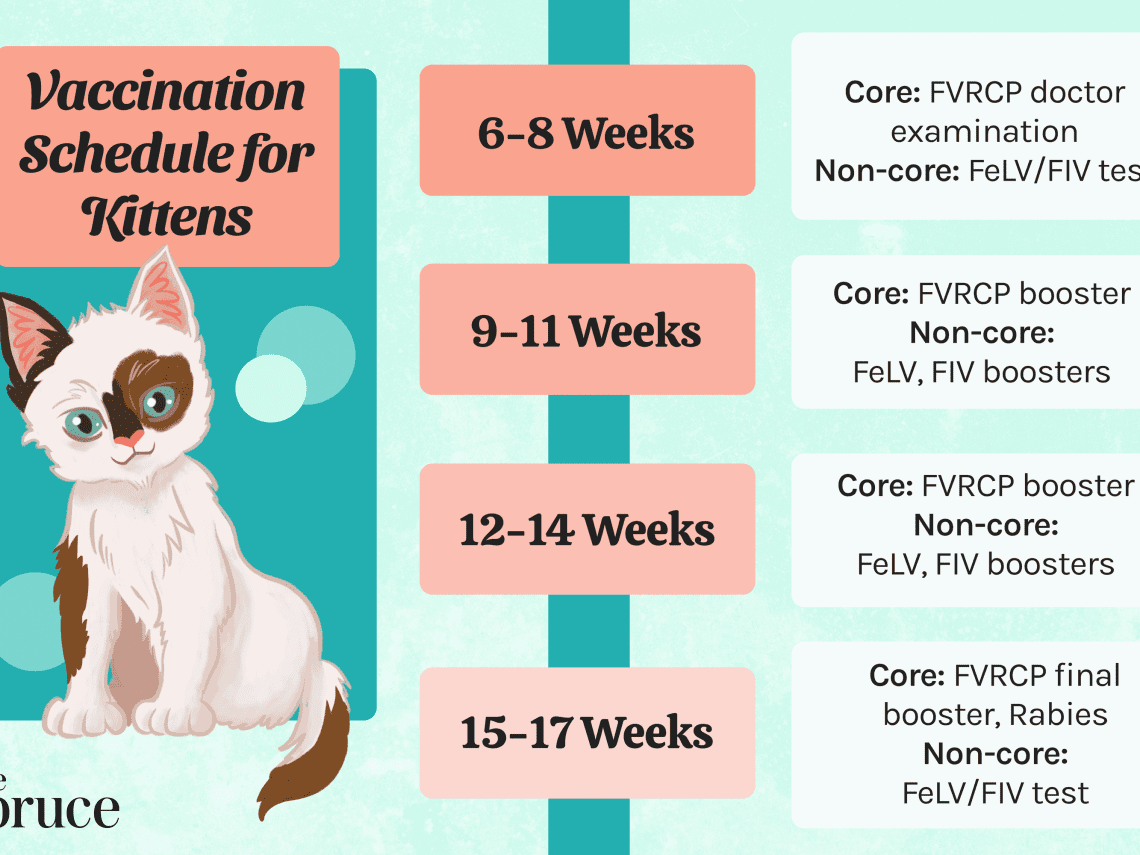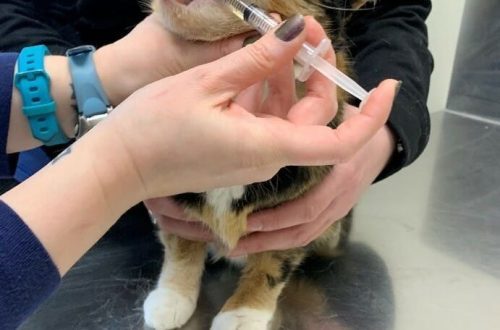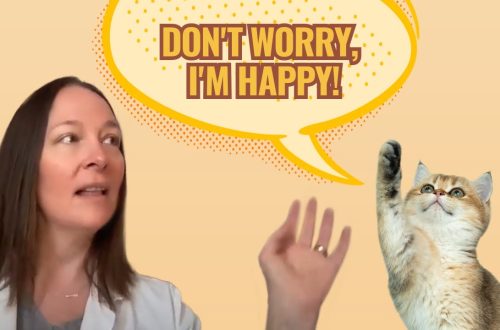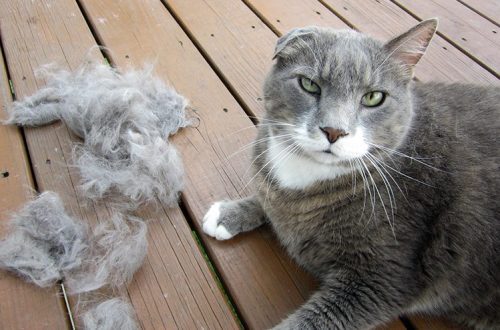
Kitten vaccination
Contents
Vaccination is the key to health
Your kitten has an innate immunity passed on to it by its mother, but as it quickly loses its power, your pet must be vaccinated to keep it healthy.
Vaccination is vital as it protects your pet from life threatening diseases. Most veterinarians recommend using a combination vaccine and recommend vaccinating animals at 8-9 and 11-12 weeks of age. This will protect your pet from the “three-headed snake”:
feline leukemia virus
Viral enteritis (panleukopenia, or parvovirus)
The cat flu
The exact vaccination schedule will depend on the type of vaccine used, but two shots are usually given at 8 and 12 weeks of age.
After the second vaccination, it is important to keep your kitten at home and avoid contact with other cats. When everything is over, you can safely return to the problem of his socialization.
There are a few more vaccinations that would be useful to do. They protect against:
Chlamydia
Rabies
· Bordetell
There are a number of factors that determine the need for such vaccinations. Your veterinarian will advise you on this.
What can I do to make my kitten easier to get vaccinated?
No one gets excited about injections, and cats are no exception. Let the idea that vaccination is done for the benefit of your pet support you – because if you don’t do this, you endanger his life.
If you have taken your kitten for regular check-ups to the veterinarian, then your pet should be calmer. A sturdy and reliable cat carrier is the best way to get your pet to the clinic, and his favorite blanket and toy will remind him of home and calm him down a bit.
Try to get to the clinic with enough time to take your time and not be nervous. First of all, be calm yourself – cats are very sensitive and immediately react to any manifestations of fear or nervousness.
While in the clinic, do not let the kitten out of the carrier until you are invited for an examination. When entering, close the door tightly behind you. It is very important that during the visit to the doctor your pet feels your support – talk to him and calm him down.
How to maintain immunity
To maintain immunity, your pet needs regular revaccinations throughout his life. Your veterinarian will most likely remind you of this, but it would be nice if you yourself monitored it.
Vaccination Certificate
As soon as your pet has passed the first course of vaccinations, he will be issued a certificate. This is an important document – keep it in a safe place. If you ever need to, for example, put your pet in a “cat hotel”, you will definitely be asked for this document to make sure that your cat is properly vaccinated.
Should you take out insurance for your kitten?
In general, insurance for your pet is a good idea. With luck, you won’t have to use this insurance, but if, God forbid, your kitten gets sick, you can provide him with the necessary treatment without worrying about its cost. And compared to the cost of the services of a veterinarian, this is more than profitable. Of all those offered, it is important to choose such insurance that would cover the costs of medical care throughout life. There are insurances that cover only a certain number of years. Your cat is getting older and the need for medical care is also increasing – that’s when you will need stable health insurance for your pet. And as with any insurance, read the fine print before signing anything.





